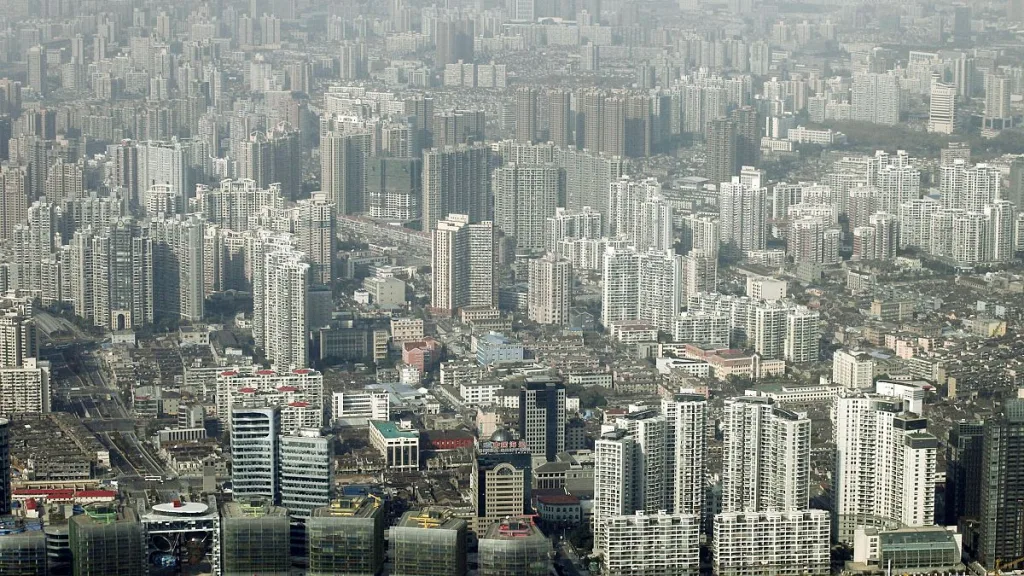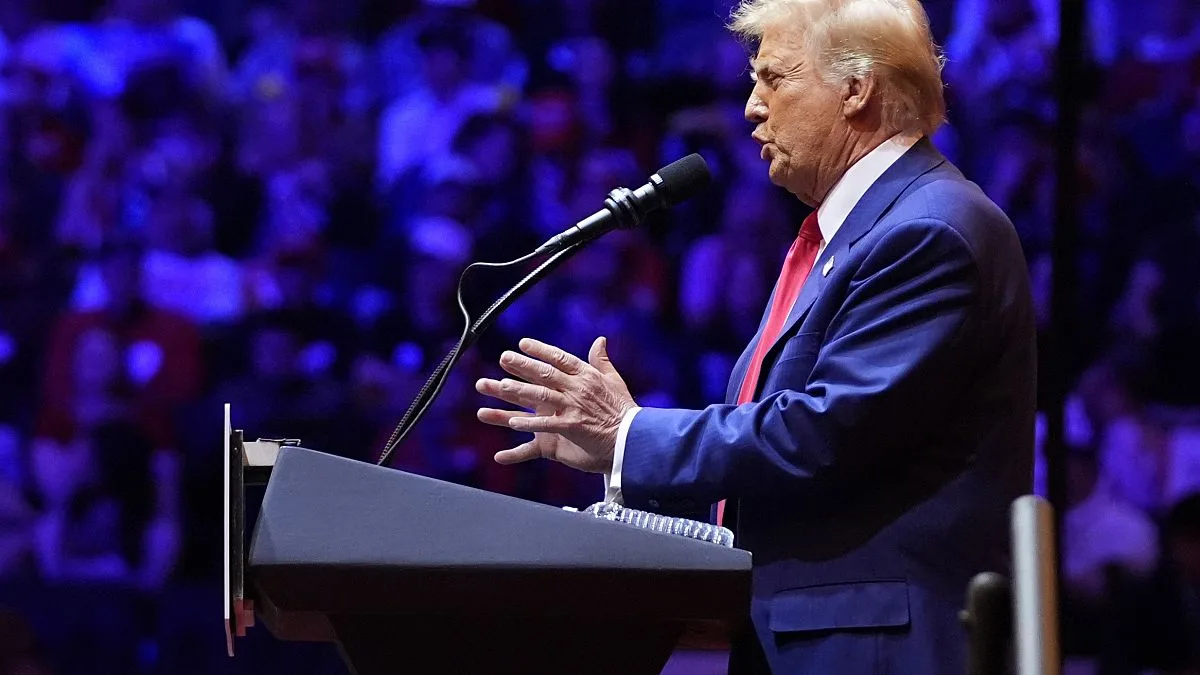China’s leadership is preparing for potential economic shocks due to higher tariffs that US President-elect Donald Trump may impose upon taking office. In response to these economic uncertainties, many millionaires are choosing to relocate.
The ruling Communist Party in China is implementing various strategies aimed at boosting consumer and business spending to combat the declining value of the Chinese yuan and falling stock prices. This initiative reflects their need to revitalize an economy currently hindered by a property market crisis and ongoing disruptions from the pandemic.
Since 2022, approximately 13,800 high-net-worth individuals have departed from China, driven by the country’s economic struggles, according to a report by Henley & Partners.
Here are key priorities outlined by China for 2025 to improve its economic outlook:
Incentives for Consumer Spending
China intends to broaden its cash for clunkers and appliance recycling initiatives to promote purchases of new, energy-efficient products. The recycling program, which commenced in the previous year, has successfully replaced 6.5 million gasoline-powered vehicles with electric and hybrid alternatives since June, as reported by officials from China’s primary planning agency. Furthermore, there has been a considerable uptick in sales of new appliances over the past several months.
Subsidies of up to 20% will now be applicable on the sales of a dozen categories of appliances, including digital devices like mobile phones. Additionally, the government is providing subsidies for upgrading outdated manufacturing equipment.
Combating Local Corruption
Local officials have been cautioned against conducting unwarranted “arbitrary inspections” that disrupt regular business activities, as stated by Hu Weilie, Vice Minister of Justice. New regulations aim to curb abuses of power, prevent arbitrary asset seizures, and eliminate unjustified production halts. This initiative is part of a broader campaign to enhance China’s business climate, according to Premier Li Qiang. This response follows numerous complaints from executives regarding detention or asset confiscation by financially strained local governments attempting to extort companies.
Anticipated Financial Support
While China has not yet rolled out large-scale stimulus spending, preferring a more gradual and targeted approach, Zhao Chenxin, head of the National Development and Reform Commission, indicated that the government is set to announce “significantly larger” long-term treasury bonds aimed at financing future spending. Specific figures are expected to be revealed during the upcoming session of the national legislature in early March.
Stabilizing the Yuan
In a recent meeting, China’s central bank reaffirmed its commitment to maintaining the stability of the yuan and stabilizing the financial markets. The Chinese currency, also known as the renminbi or “people’s money,” has depreciated against the US dollar and other currencies, placing further pressures on financial conditions. The stock market has struggled after a brief resurgence in late September; for instance, the Shanghai Composite index fell from nearly 3,700 back to just over 3,200. As of Wednesday, the yuan was trading at 7.3278 against the dollar, compared to around 7 yuan in early October.
A weaker yuan may enhance the competitiveness of Chinese exports, but it could also provoke dissatisfaction among China’s trade partners.
Managing Public Perception of the Economy
The Communist Party in China exercises minimal tolerance for dissent, particularly concerning economic discussions. Authorities have curtailed the social media presence of economists who critique government policies, striving to reinforce public support for President Xi Jinping’s leadership. Recent statements from Xinhua advocate for ensuring “correct public opinions” to foster a unified narrative of progress.
Observers suggest that attempts to project positive economic sentiment can obscure harsh realities. A report by the think tank Rhodium Group estimated China’s real economic growth last year at only 2.4% to 2.8%, significantly lower than the official figure of approximately 5%.
Contributing factors to this less-than-ideal growth include decreased consumer spending due to falling housing prices and stagnant wages. The report also noted a lack of substantial policy measures to improve employment or wage prospects going forward.
Photo credit & article inspired by: Euronews



